

Trade unions joined the broad civil society in Asia-Pacific in their demand to “change the system, shift the power” at the 10th Asia Pacific Forum on Sustainable Development (APFSD) held at the United Nations Conference Centre in Bangkok from 27-30 March 2023.
With the theme “Accelerating the recovery from the coronavirus disease (COVID-19) and the full implementation of the 2030 Agenda for Sustainable Development at all levels in Asia and the Pacific”, the APFSD sought to assess the progress on the Sustainable Development Goals (SDGs) under review: Goal 6 (Clean water and sanitation); Goal 7 (Affordable and clean energy); Goal 9 (Industry. innovation, and infrastructure); Goal 11 (Sustainable cities and communities) and Goal 17 (Partnership for the Goals).
Affiliates of the ITUC-Asia Pacific, along with other delegates of the trade unions and workers constituency of the Asia Pacific Regional CSO Engagement Mechanism (APRCEM), raised the issues and demands of workers to accelerate the achievement of the SDGs, particularly the SDGs under review.

Julius Cainglet of Federation of Free Workers delivered the trade unions’ statement during the plenary session on Agenda Item 3, “Towards the 2023 Sustainable Development Goals Summit, Ministerial Segment”. In his intervention, he urged governments to support the Global Accelerator on Jobs and Social Protection for Just Transitions as a key element of recovery in the region that would help accelerate progress in the achievement of Agenda 2030.
“The accelerator is critical to address a world that is facing a convergence of crises— deteriorating health, climate instability, growing inequalities, widespread unemployment and underemployment, and rights hardly recognized — that is driven by an economic system ruled by the power of corporate greed, that does not benefit working people and leaves them behind. We need to change the system and shift the power towards genuine people’s empowerment,” Julius Cainglet said. He also emphasised that international labour standards, most specially the right to freedom of association and to bargain collectively, and social dialogue must underpin national plans for jobs, universal social protection, and skills and community renewal.
Meanwhile, Joy Hernandez of ITUC-Asia Pacific served as one of the panellists in the roundtable on SDG 17. She highlighted the systemic issues and barriers in implementing SDG 17, including illicit financial flows, tax and trade injustice, debt distress, and unmet Official Development Assistance (ODA) commitments. She also emphasised the need to put back the workers and the people in front and centre of development, especially in the light of the deepening corporate capture of the Agenda 2030.
"We need a new social contract & a new model of global governance to redress the current imbalance of power & uneven distribution of wealth internationally – A truly inclusive multilateral system where social partners have a say," ITUC-AP said in the #SDG17 Roundtable in #APFSD. pic.twitter.com/kowXEyjqNm
— ITUC-Asia Pacific (@itucasiapacific) March 28, 2023
Throughout the APFSD, trade unions raised their united voices in demanding for the implementation of industrial policies grounded on Just Transition, social dialogue, and protection of labour rights to promote the creation of decent and climate-friendly jobs and ensuring social protection during the process of transformation.
Despite the strong and active presence of the trade unions and civil society in the APFSD, their positions and recommendations were not substantively reflected in the APFSD draft report. Trade unions expressed disappointment with the draft report, which they deemed as a regression from the more substantive and inclusive outcome document that was produced in the previous year.
Notwithstanding this setback, trade unions will remain committed to ensuring that the voices of workers are heard in development processes, especially that the SDG implementation is already at the mid-point of the 2030 Agenda.
What is the role of trade unions in achieving the Sustainable Development Goals by 2030? 🌏
— ILOAsiaPacific (@ILOAsiaPacific) March 31, 2023
📺Watch the video below to hear from trade union leaders on the importance of workers' rights in achieving the 17 goals 👇
#APFSD pic.twitter.com/sRDGdXgJWl
Before the APFSD, ITUC-Asia Pacific affiliates also participated in the Asia Pacific Peoples' Forum on Sustainable Development (Peoples’ Forum) from 24-26 March 2023 in Bangkok, Thailand. Held under the theme “Change the System, Shift the Power: Challenging Imperialism and Corporate Capture of the COVID-19 Recovery and the 2030 Agenda”, the Peoples’ Forum aimed to consolidate the voices of different constituencies and sectors in Asia and the Pacific to engage and claim their space in the 2030 Agenda and related development processes and to serve as a space to put forward people’s policy recommendations and demands and consolidate people’s stories of collective resistance and development initiatives towards the achievement of the SDGs from Development Justice perspectives.
On the last day, the Peoples’ Forum released the CSO collective statement that articulates the positions and demands of the different constituencies of APRCEM towards the acceleration and realisation of the 2030 Agenda. Trade unions ensured that their demands and issues are reflected in the CSO collective statement.

Despite the disappointing outcome of the APFSD, trade unions and civil society organisations will continue to advance development justice, especially at this time when the world is reeling from the multiple crises and multilateralism is fractured.


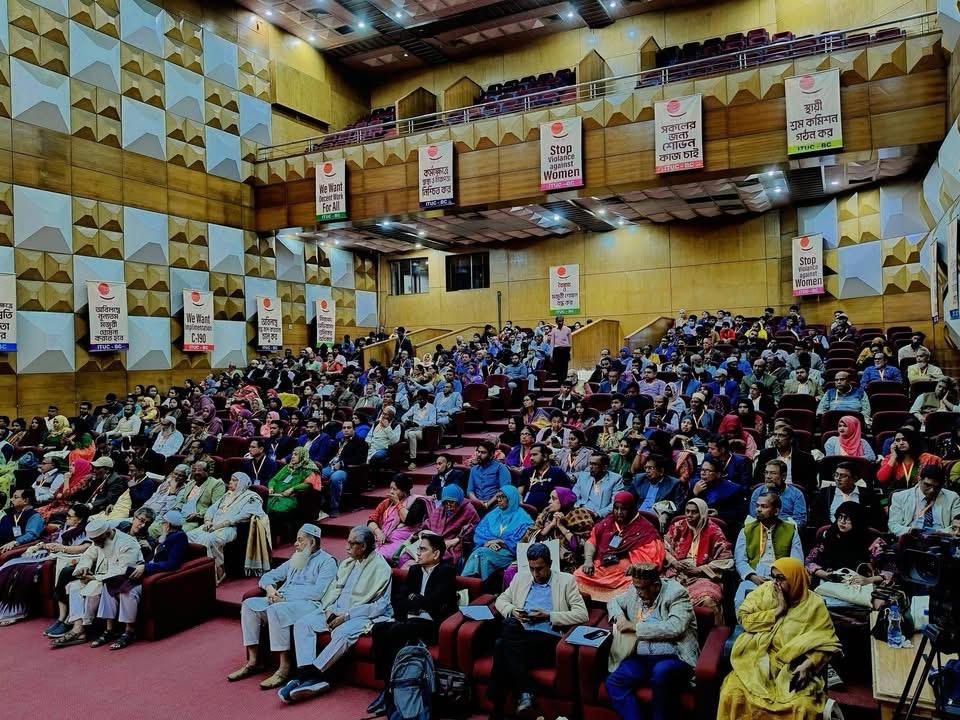





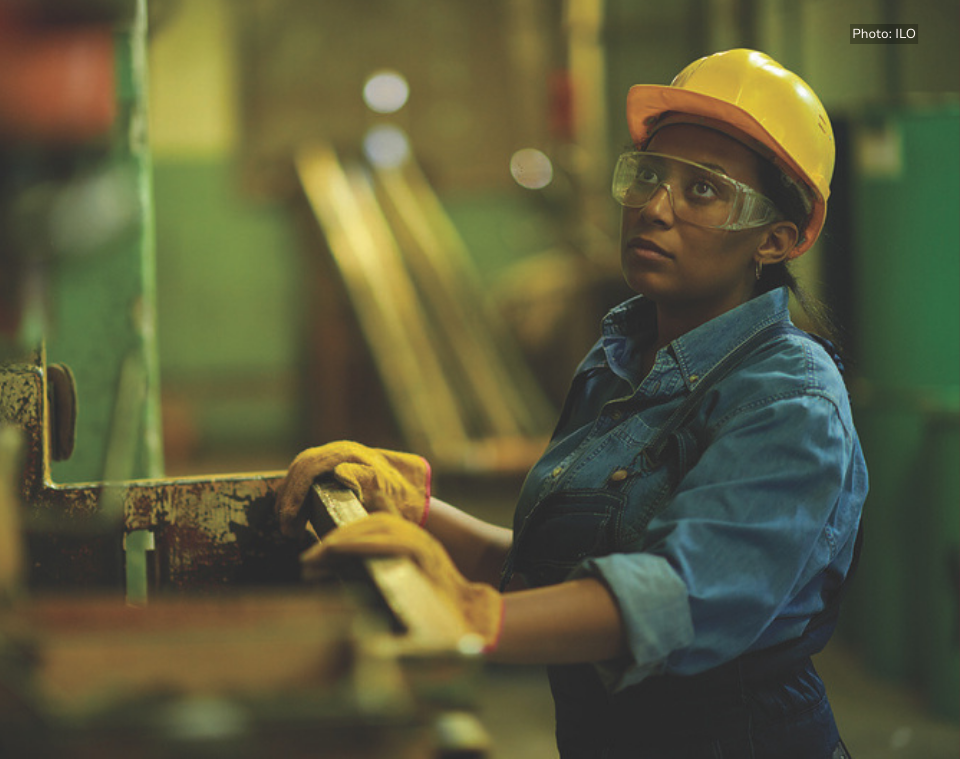





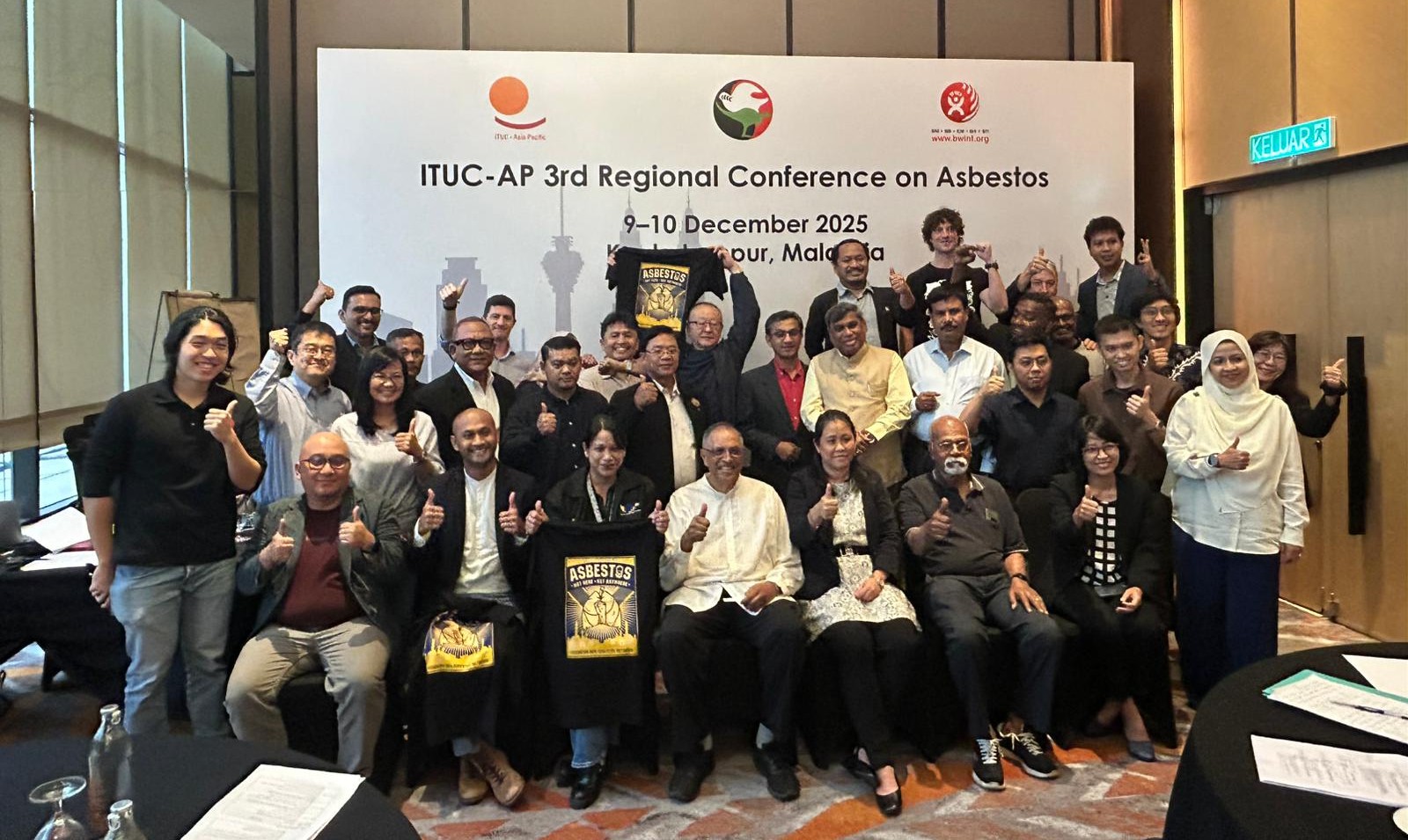





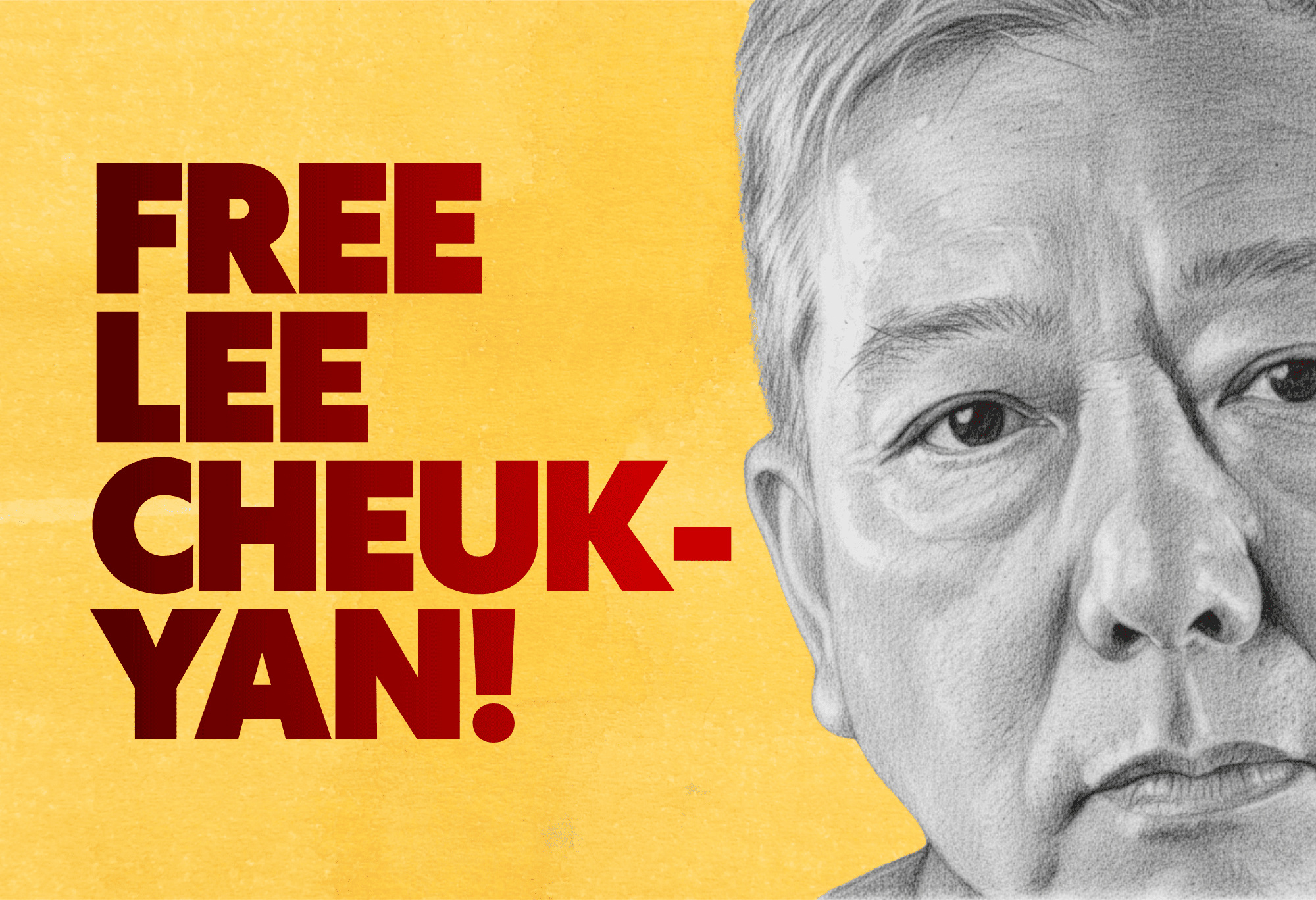





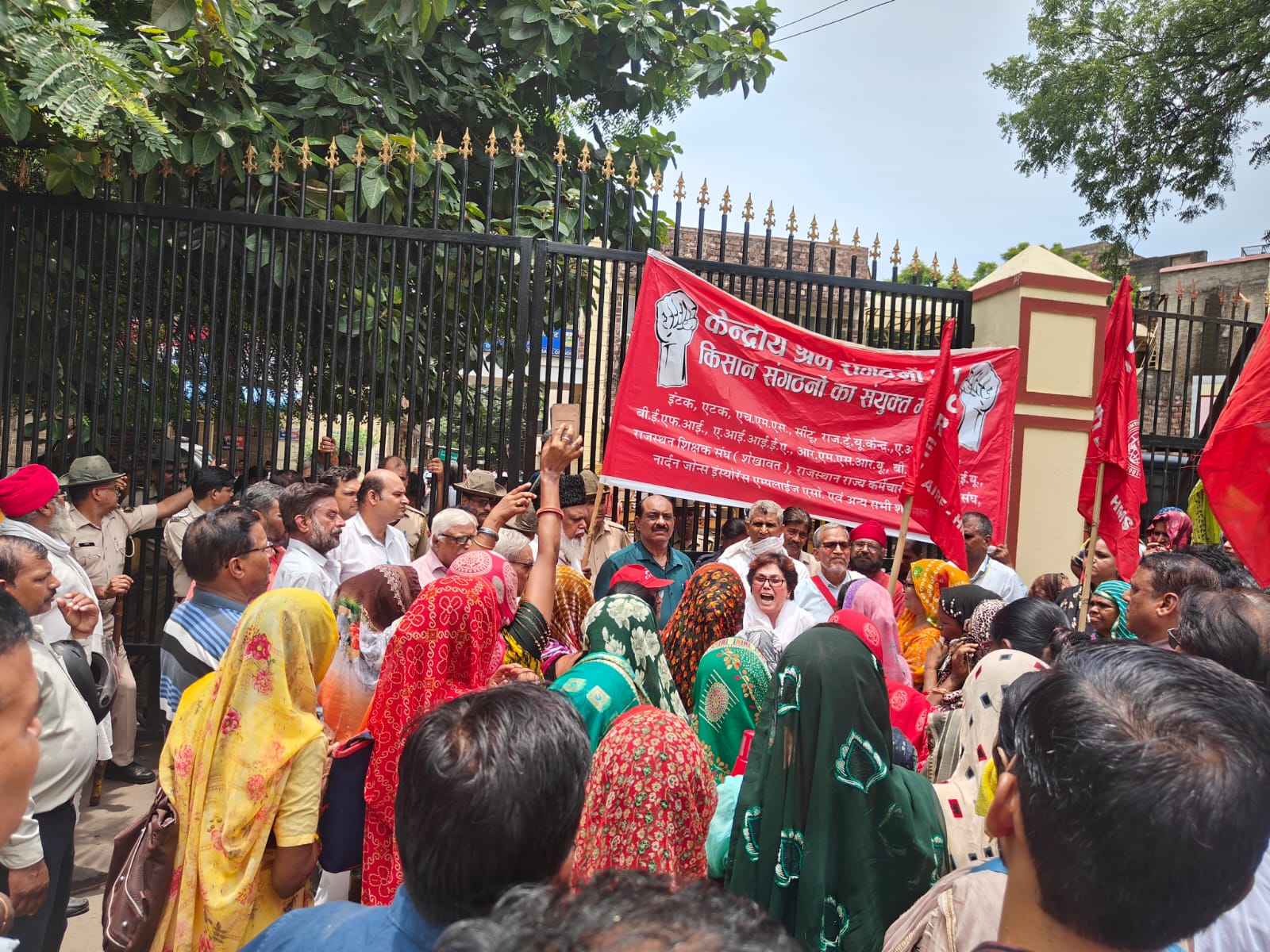





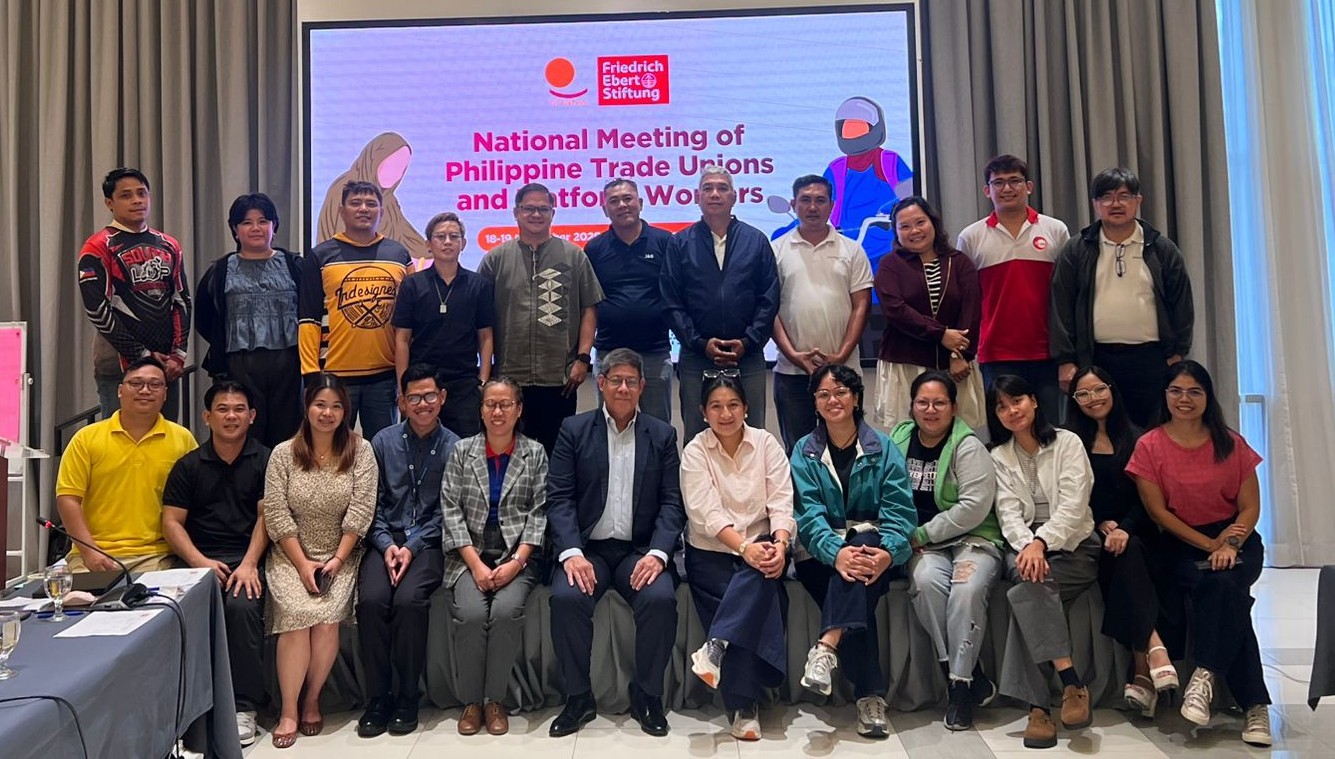





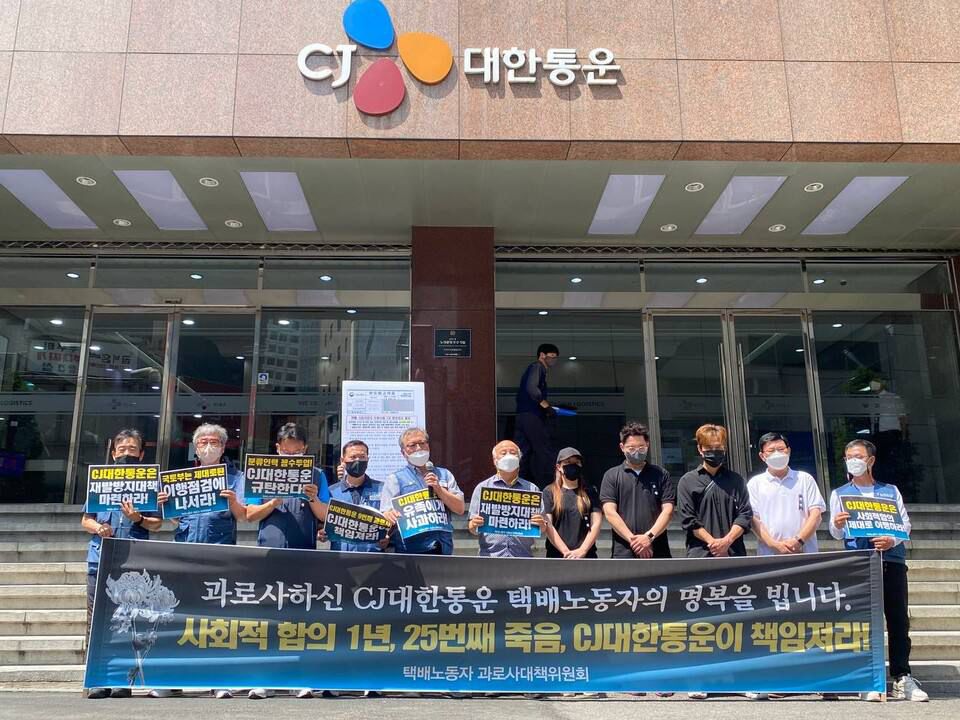





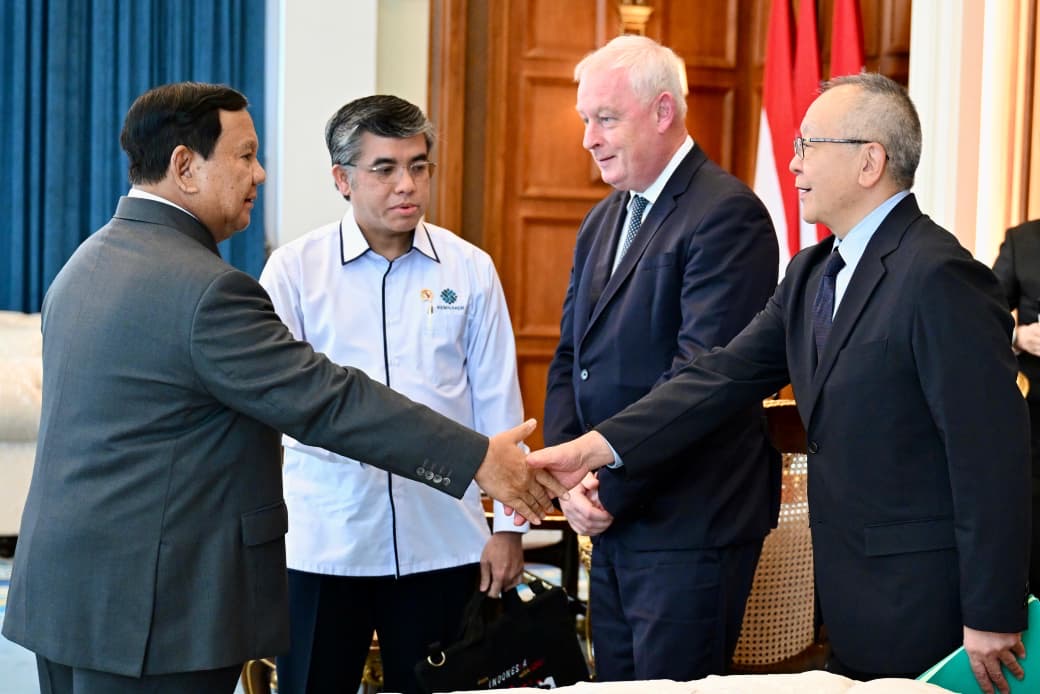





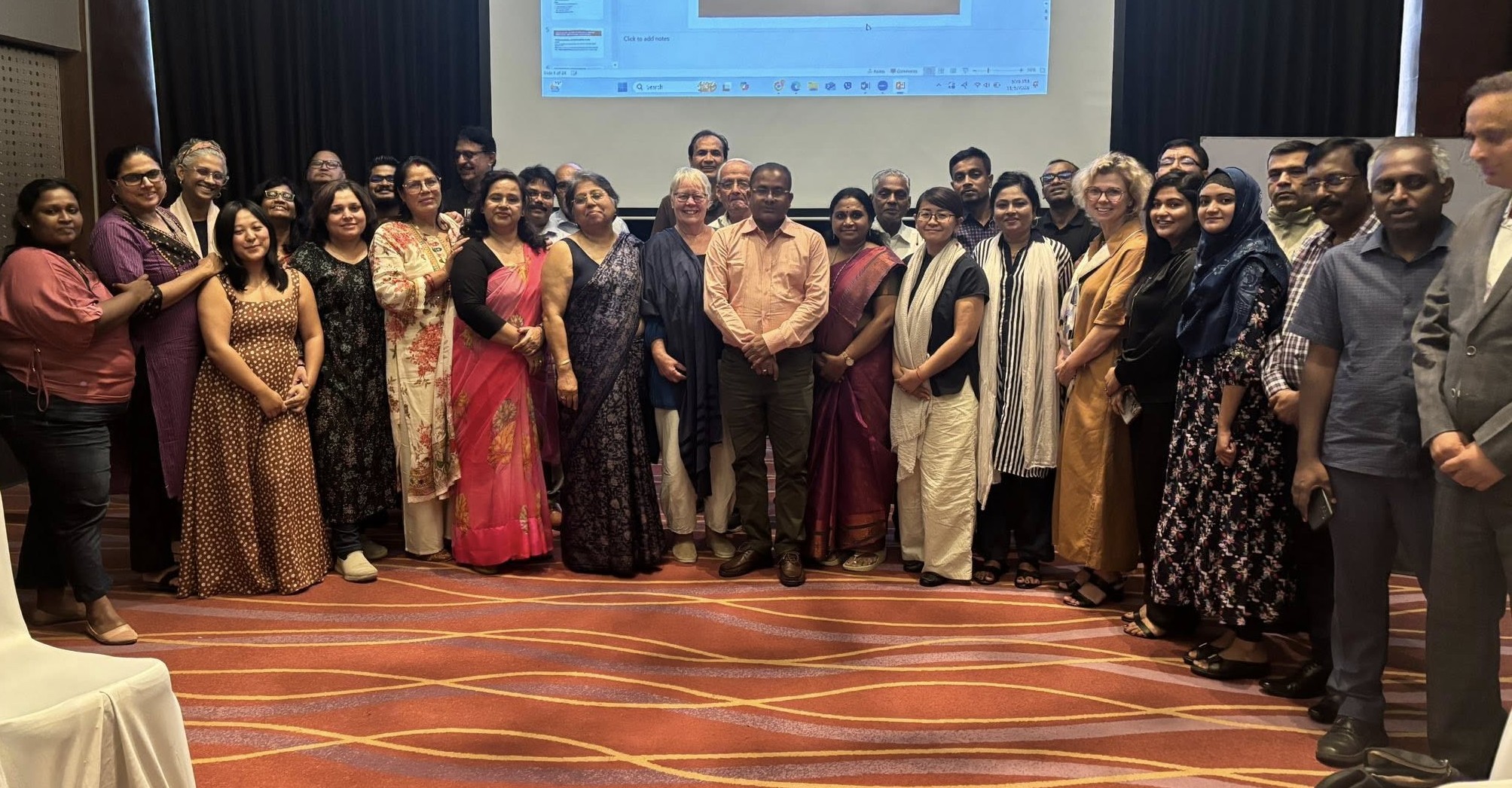





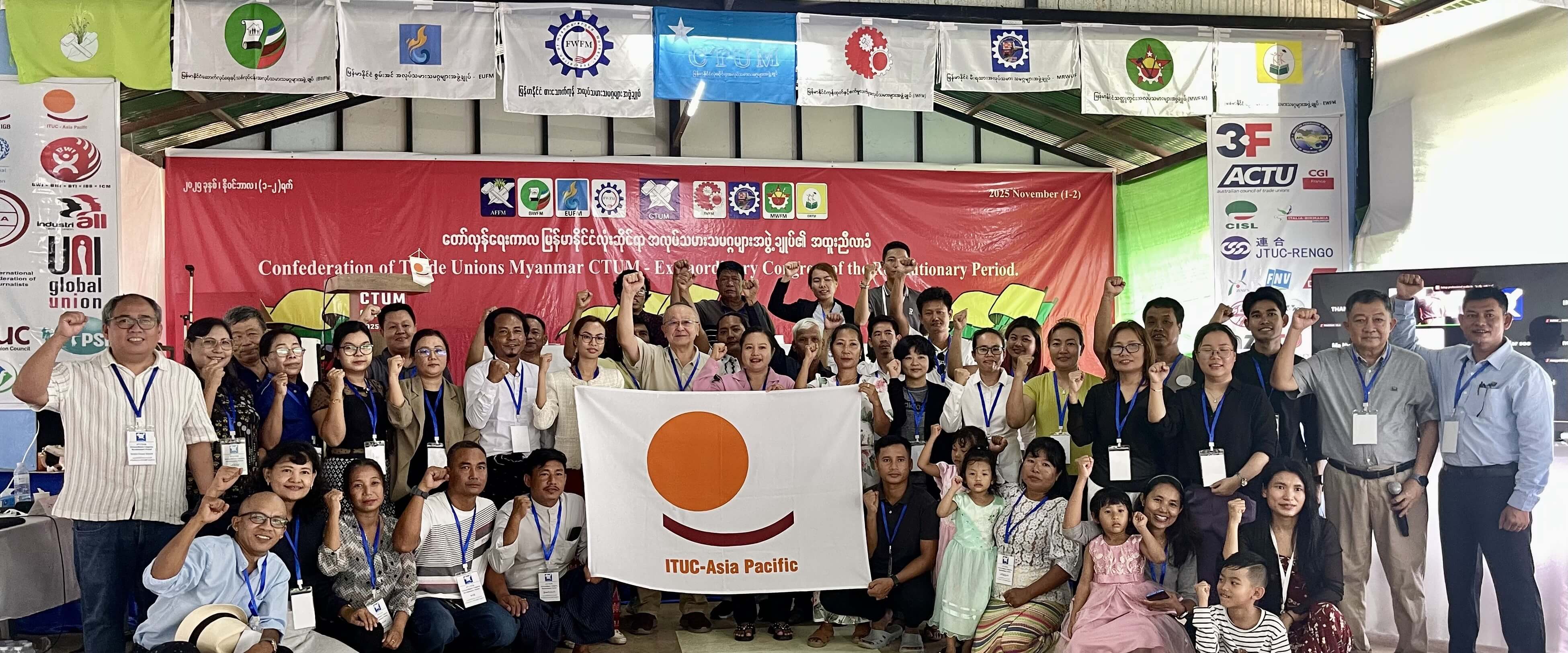





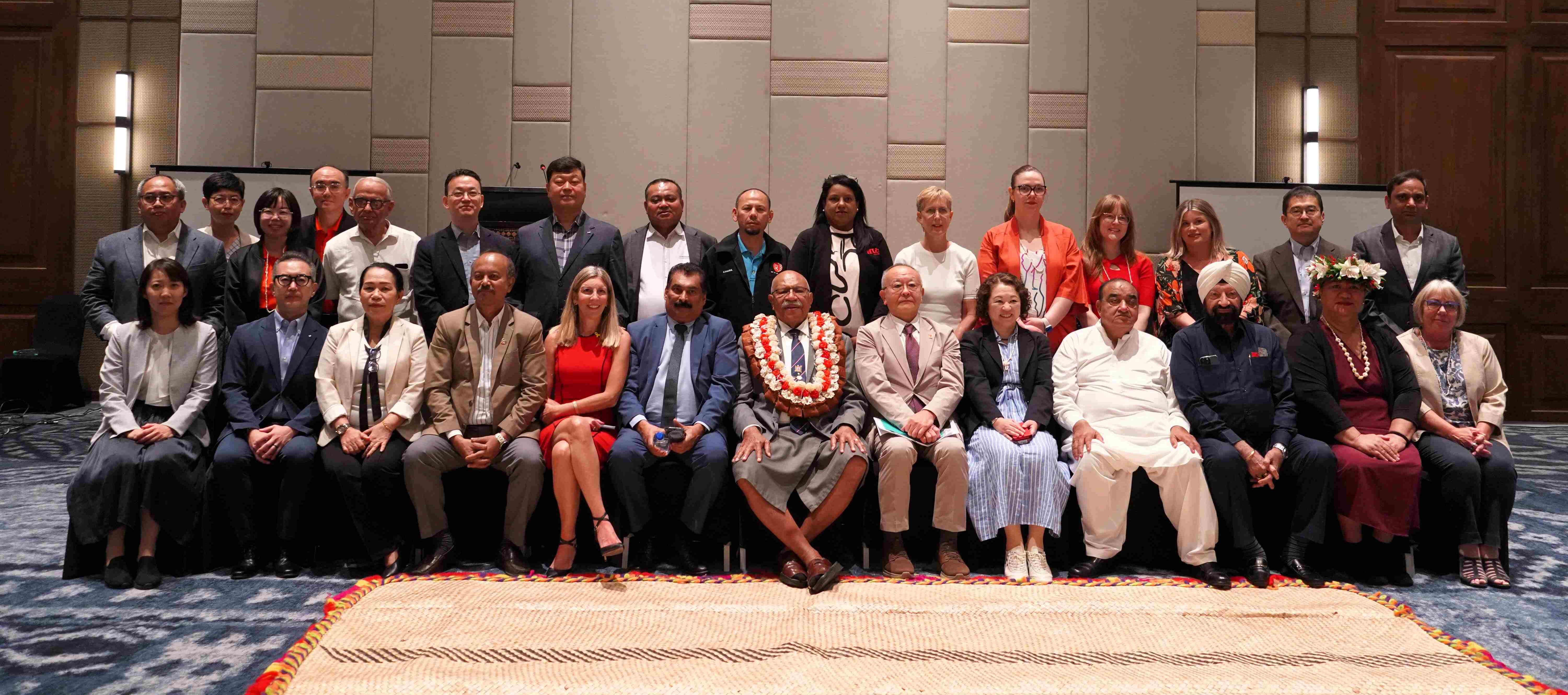





.jpg)


.jpg)














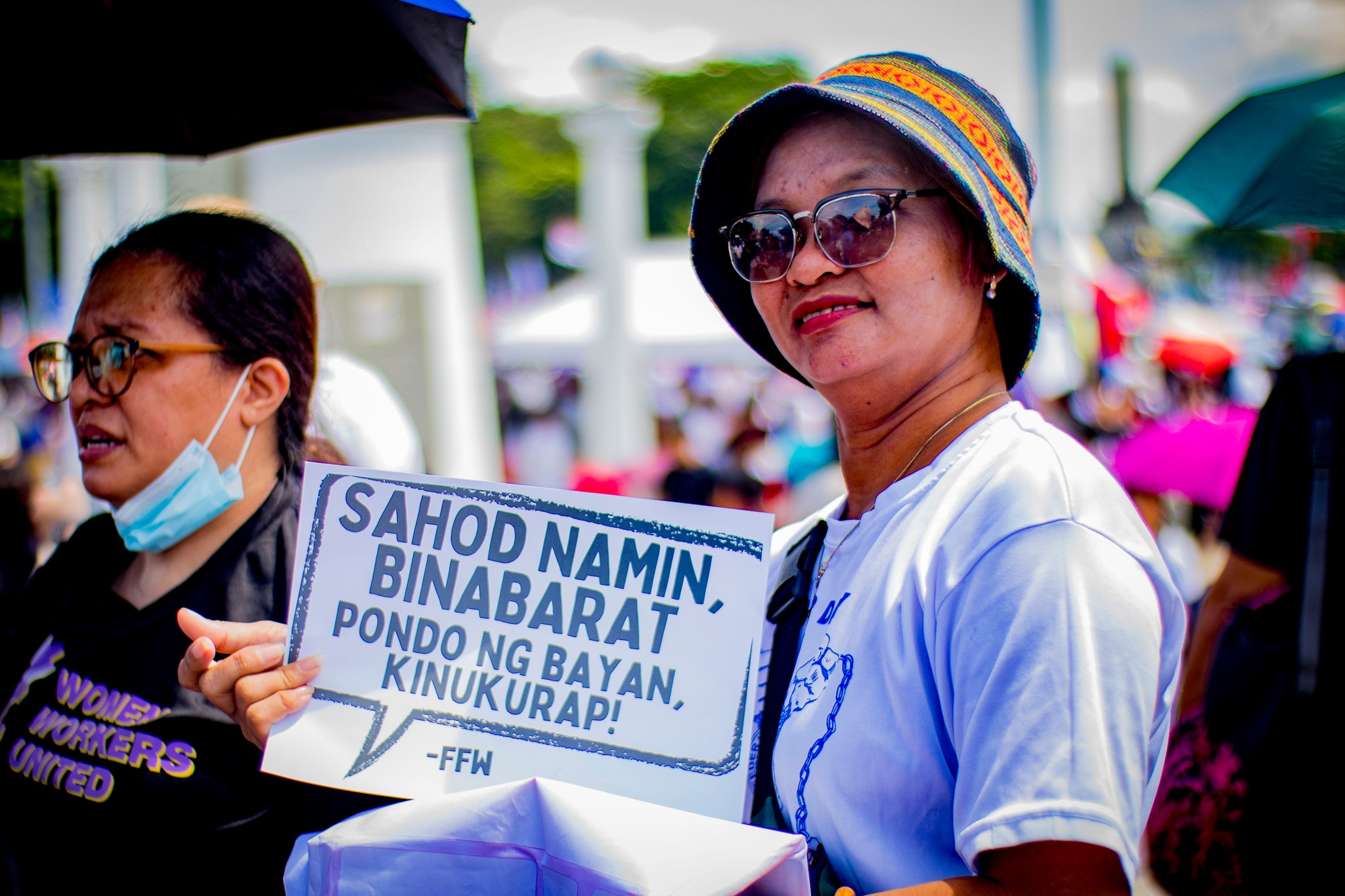





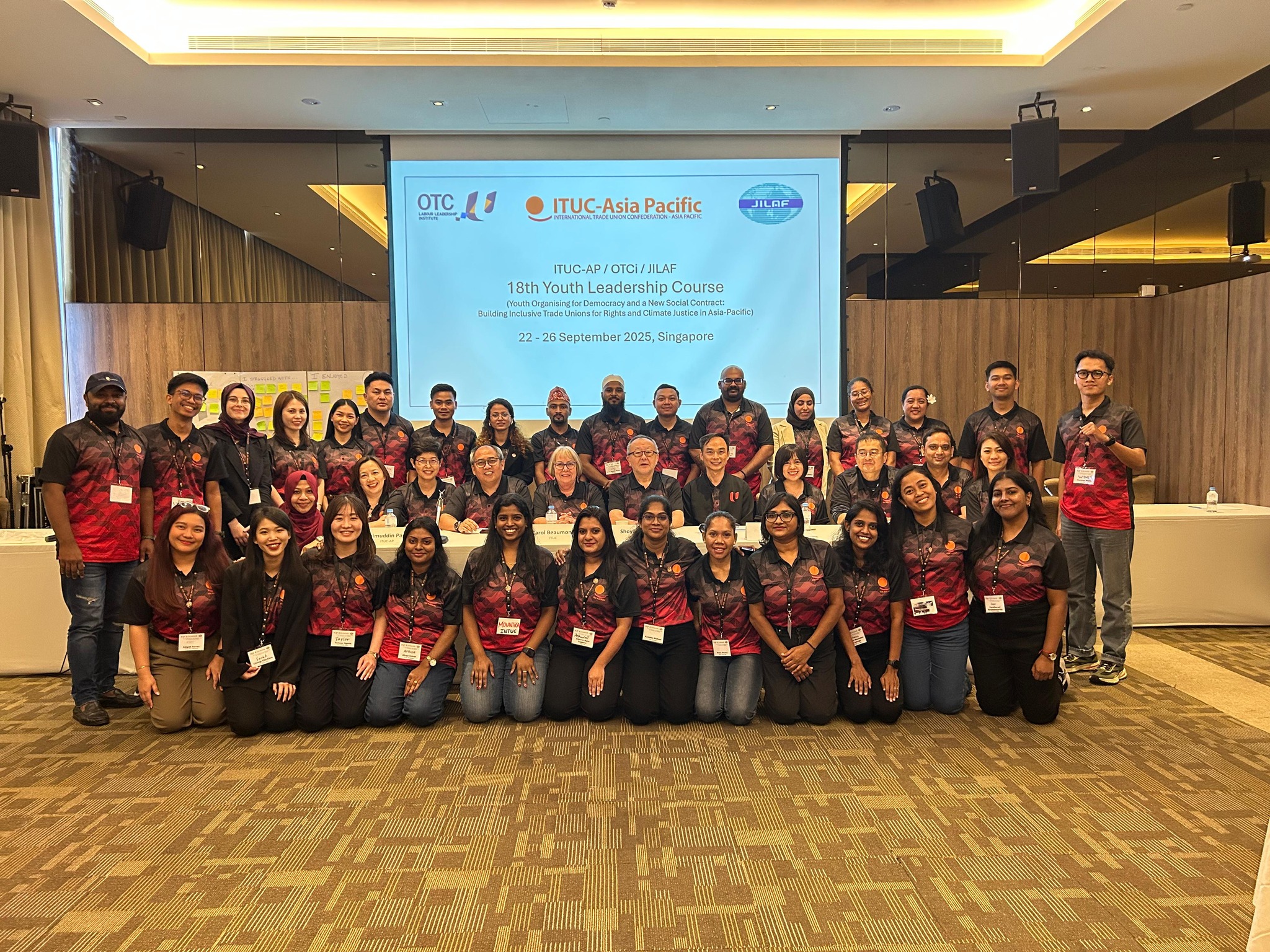





.png)


.png)








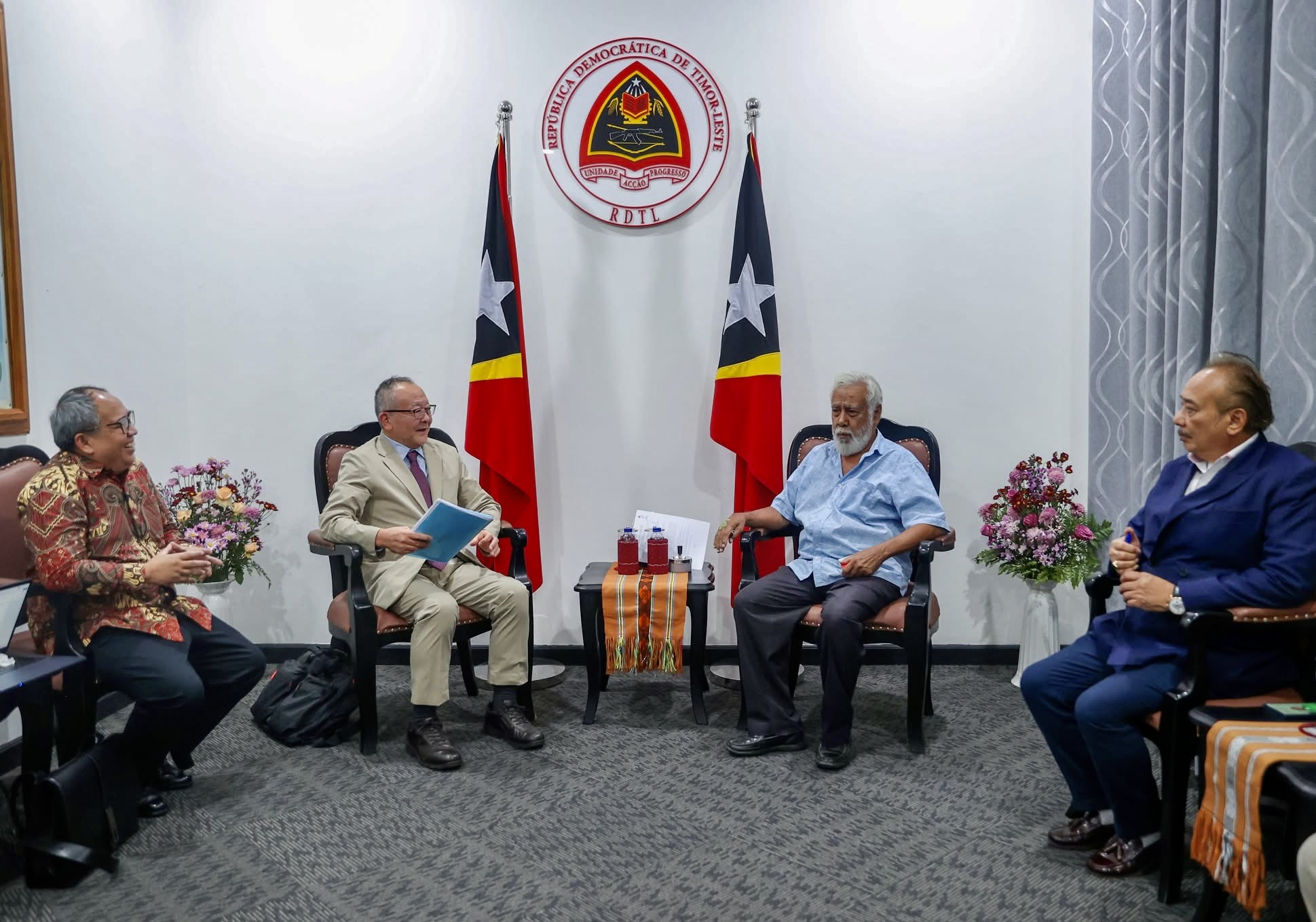





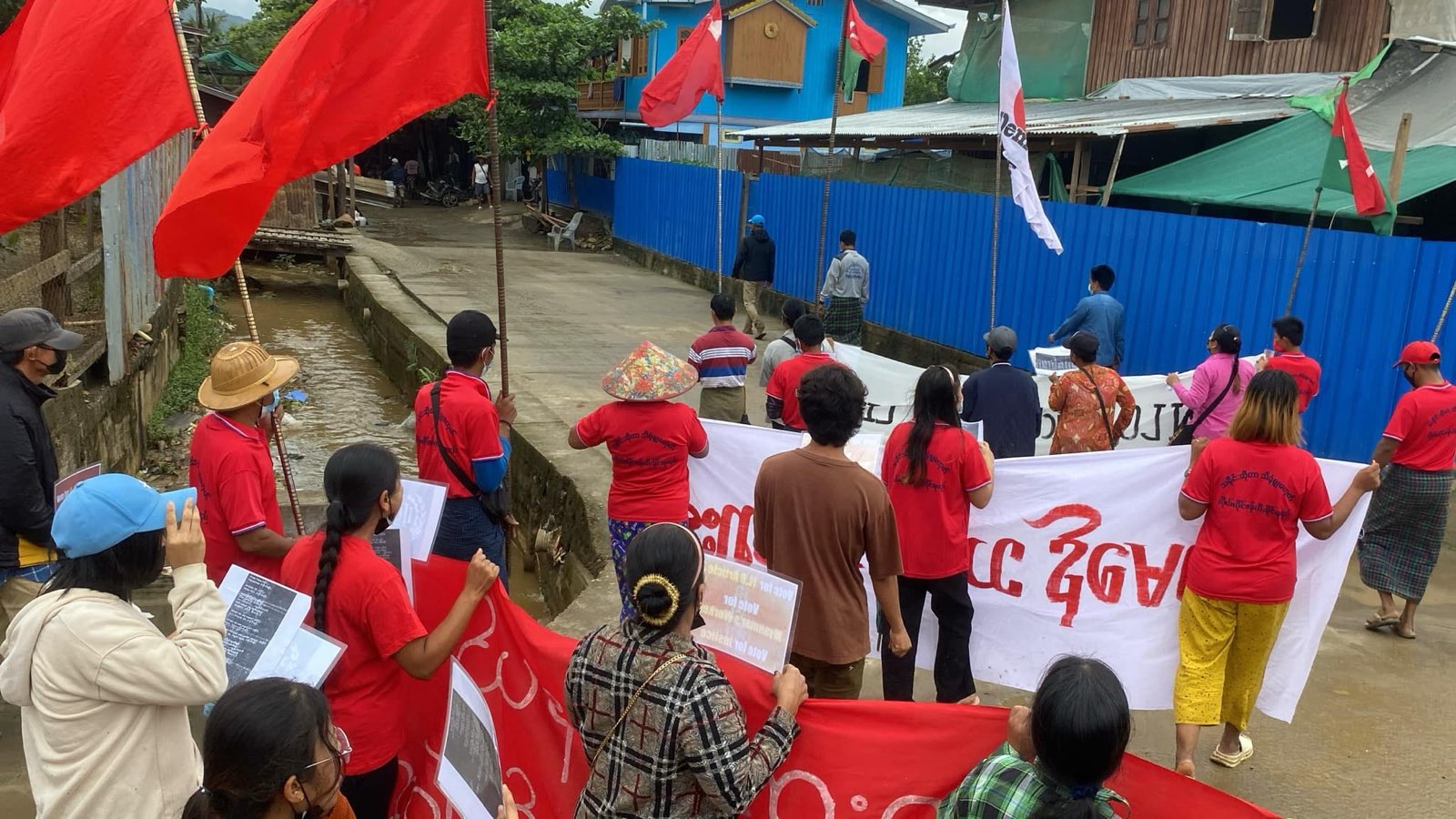





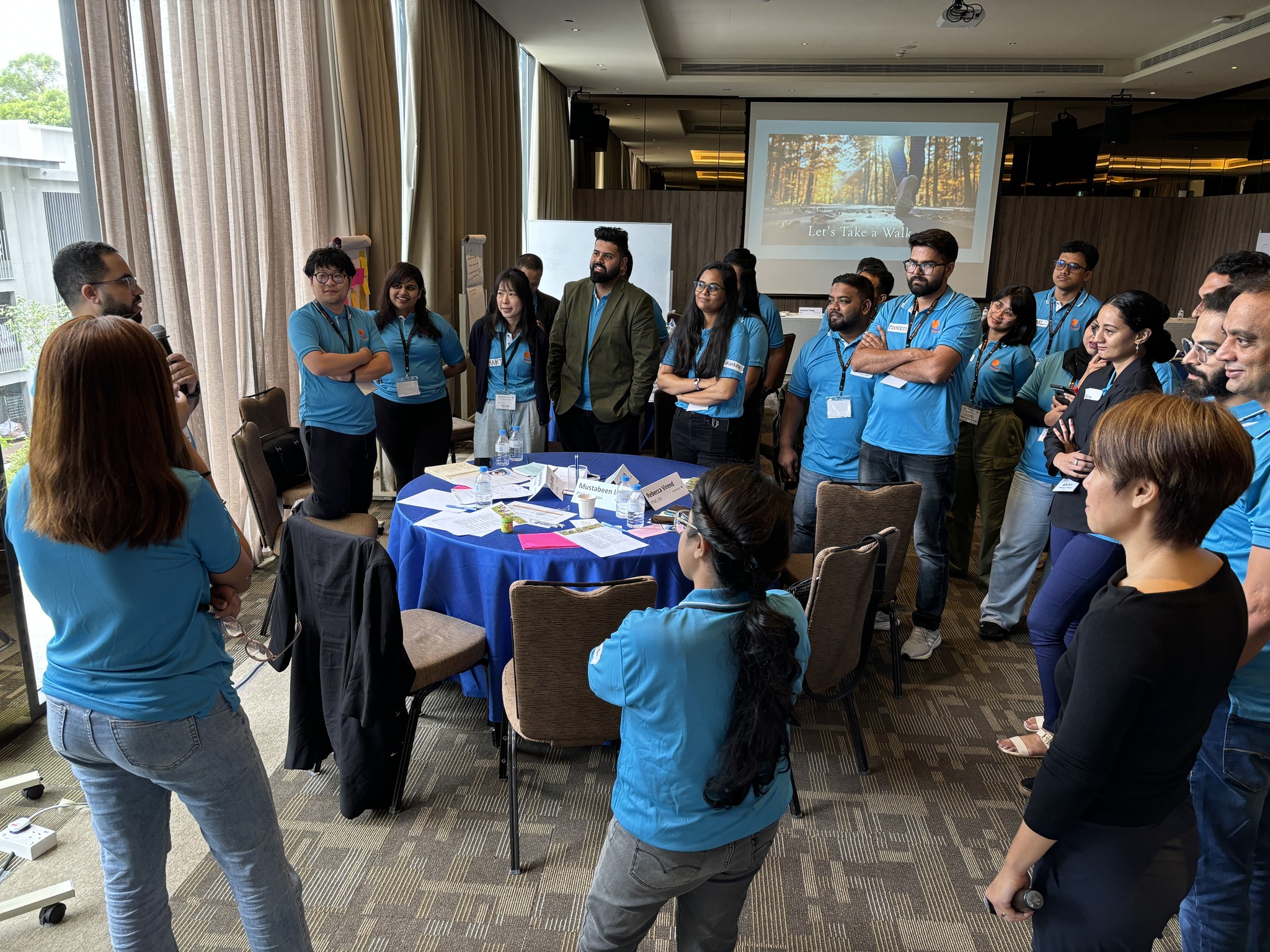





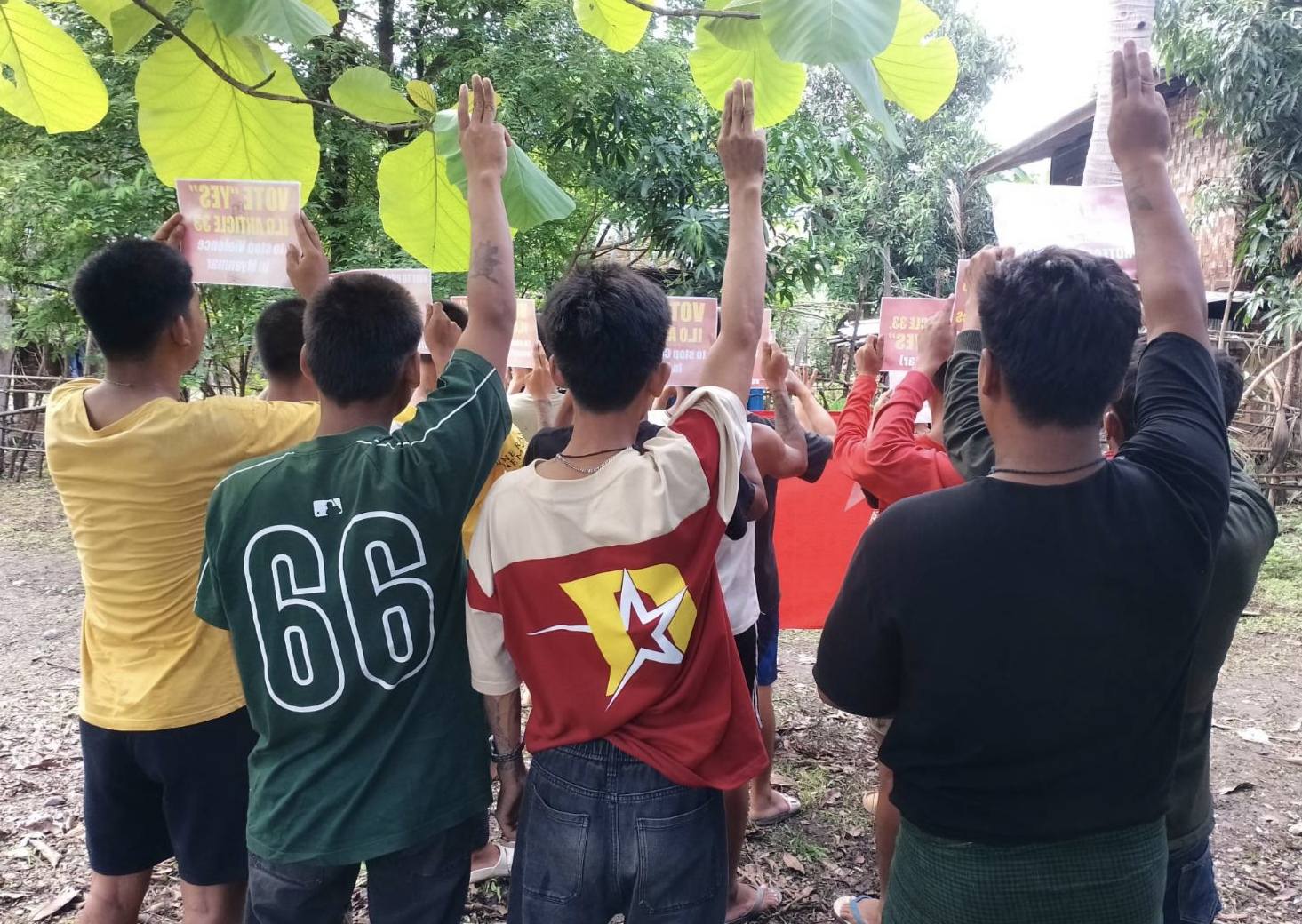





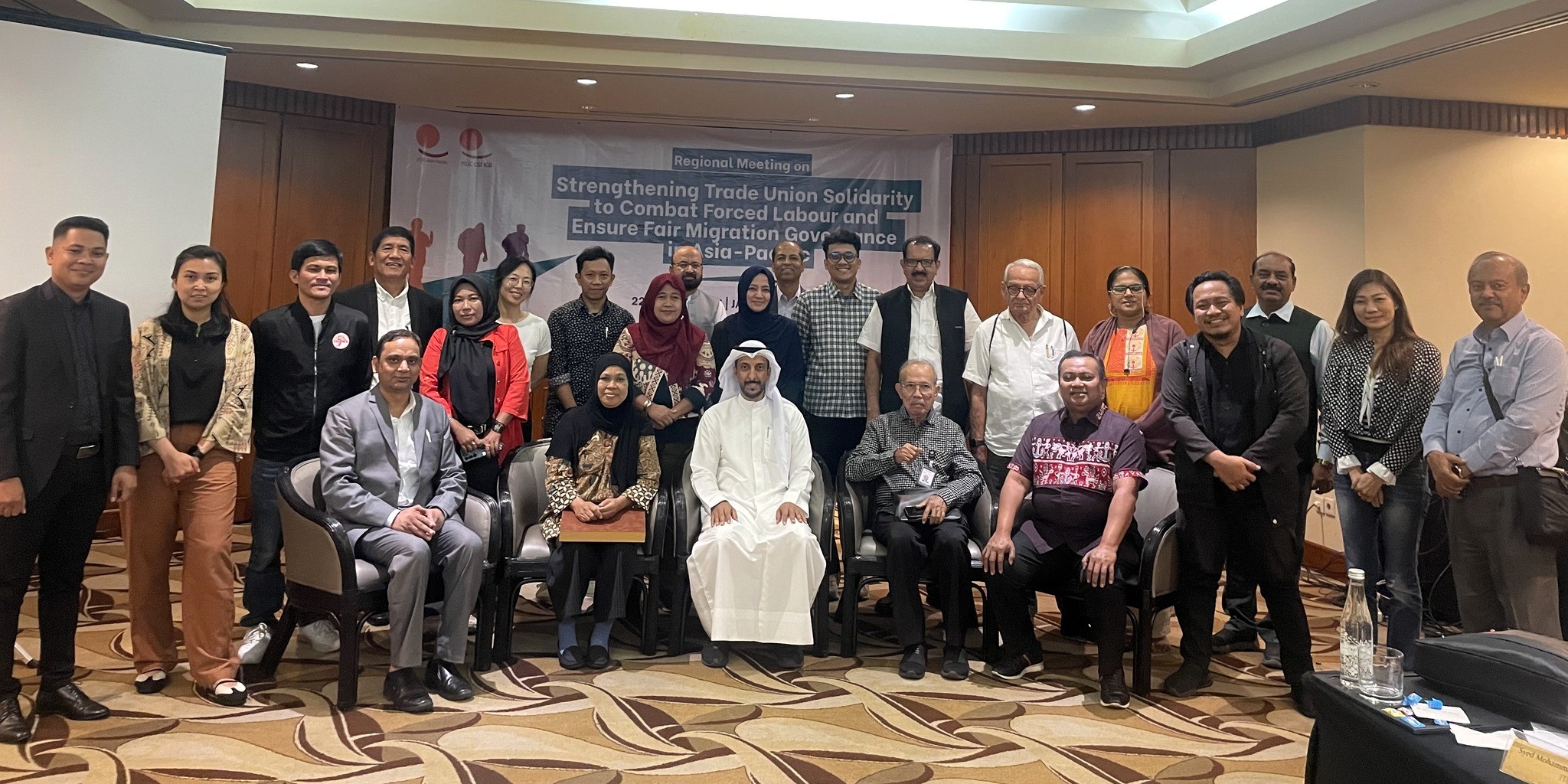























.png)


.png)














.png)


.png)
















































































































%20(1).png)


%20(1).png)
























.jpg)


.jpg)














































































.png)


.png)
























.png)


.png)








































































































.jpg)


.jpg)


























.png)


.png)


.png)


.png)

